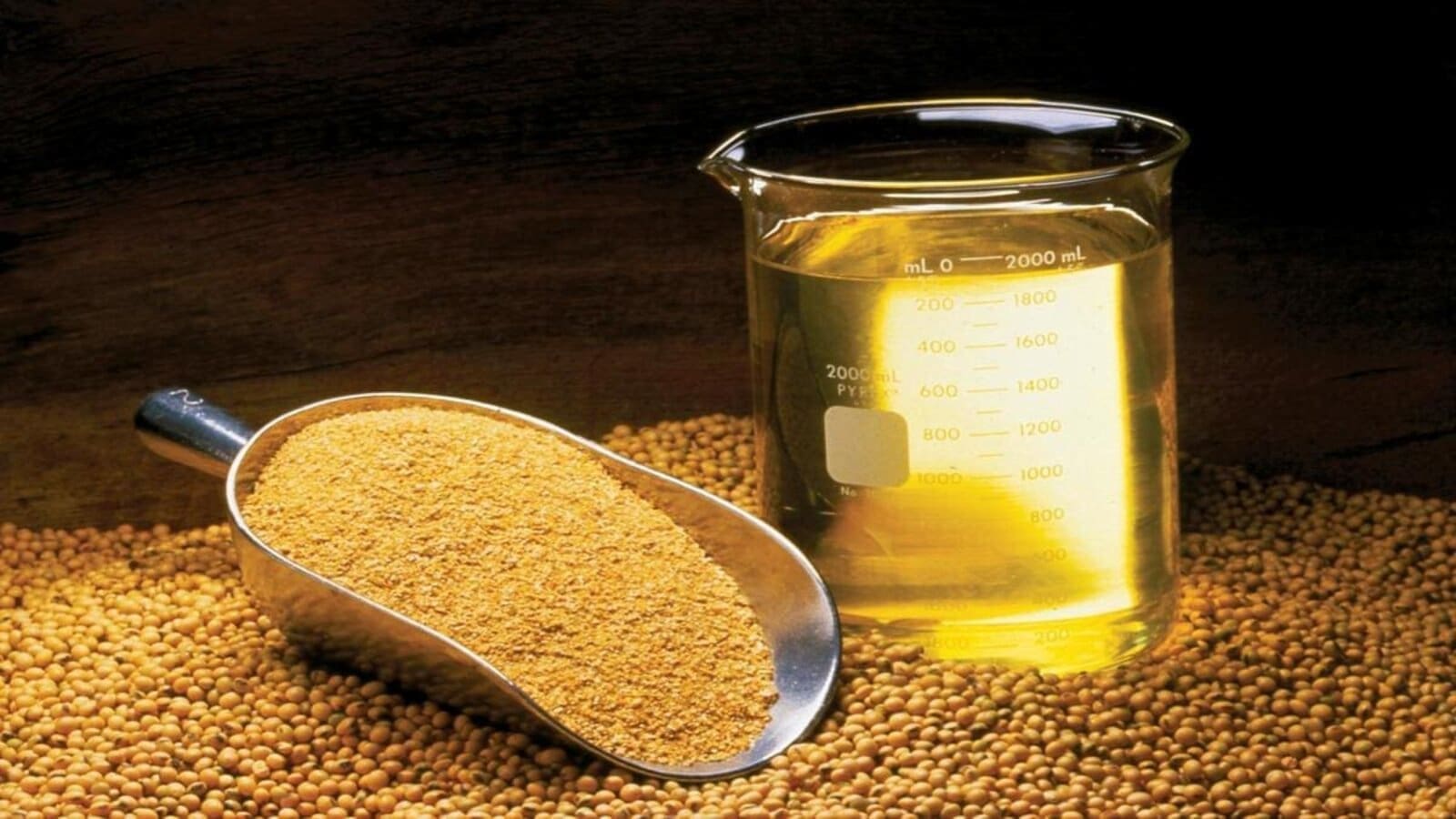HUNGARY- The Hungarian Grain and Feed Association has strongly opposed the country’s ban on grain and oilseed imports from Ukraine, pointing out that the restrictions will hurt feed makers and industrial users in Hungary.
According to the association, the ban on grains and oilseeds means feed manufacturers have lost access to the closest and most convenient source of raw material for their industry, making feed production an expensive endeavor.
“This measure will cause significant difficulties to Hungarian feed makers and industrial users, which will affect livestock farmers and consumers,” says a statement from the association.
The association’s statement came after Hungary followed other Central European countries in banning imports of about 25 agricultural products from Ukraine from April 15, including grains such as cereals, rapeseed, and sunflower seeds.
While this measure was approached as a solution to the depression of grain prices in the transit countries for Ukrainian imports, it could be hurting feed producers in an inflation-stricken country.
The mentioned Central European countries became transit routes for Ukrainian grain due to bottlenecks in Black Sea ports after Russia’s invasion in February 2022.
These millions of tonnes of grains, however, remained trapped in the countries bordering Ukraine, prompting complaints from local farmers after the cheap Ukrainian imports depressed local prices.
This opposition closely mirrors the reaction the EU had concerning the bans, accusing the transit countries of taking unilateral measures in matters that solely should be handled by the EU bloc.
Similarly, farmers in these Central European countries are complaining that they are still making losses on their grains because of the influx of Ukrainian imports. Sunflower farmers are still dealing with piles upon piles of seeds that remain unsold.
These complaints persist even after the EU offered an additional package to shield the farmers against the losses.
“We have nothing against the Ukrainian people… But the compensation offered by the EU for our losses is a joke,” said Vukodinov, 61, who has been a farmer for more than 30 years in the central Bulgarian town of Saedinenie.
“The granaries are full, there is no market at all, no demand for any farm produce… on top of the price dumping,” Danka Marincheshka, production chief at Vukodinov’s family farm quipped.
For all the latest grains industry news from Africa, the Middle East and the World, subscribe to our weekly NEWSLETTERS, follow us on LinkedIn and subscribe to our YouTube channel.










